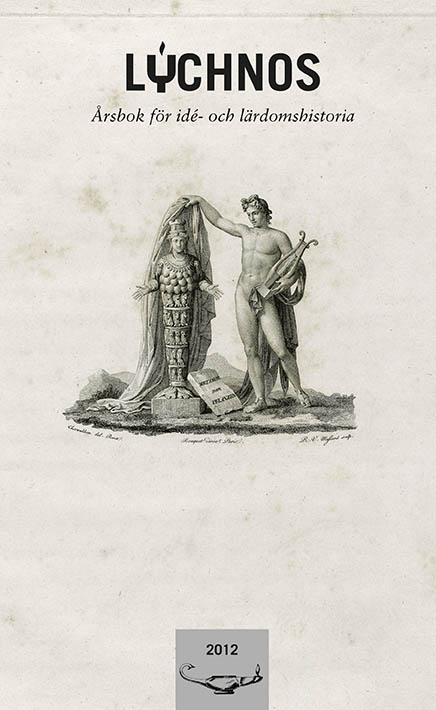”Alla mina bemödanden hafva strandat emot okunnigheten, lågheten och egennyttan”
Hur allmogen beskrevs av provinsialläkare i Sverige 1840-1900 och fyra funktioner av dessa beskrivningar
Abstract
This article uses the yearly reports written by Swedish provincial doctors between 1840 and 1900 to discern these doctors’ views of their main group of patients, the peasantry. The doctors habitually portrayed the rural population as fatalistic and ignorant. This description, however, appears dubious in the light of the fact that the peasants were said to be ignorant due to their practice of hiring quacks to treat disease, and fatalistic as they were said not to bother to treat disease at all. Assuming that a fatalistic population hardly would support extensive quackery, this portrayal of the peasantry can be understood partly as a strategy with beneficial effects for the provincial doctor. Four different functions of this strategy have been discussed. If the peasantry were seen as ignorant and fatalistic, any resistance towards unpopular interventions enforced by the provincial doctor, such as forbidding large funerals for those who died in contagious diseases, could be disregarded. All difficulties the provincial doctor had with establishing the trust of his patients could be understood as struggles against ignorance rather than as personal failures. The demands the provincial doctor chose to make to his superiors in the yearly report for increased funds would seem reasonable in the light of his daunting tasks. And in contrast to the peasantry, the doctor could present himself as a rational and active figure, struggling against difficult conditions in order to bring health and cleanliness to the countryside.
Downloads
Publicerad
Nummer
Sektion
Licens
This work is licensed under a Creative Commons Attribution 4.0 International License. The copyright for the work published in Lychnos remains with the authors.


